To maintain your solar air heater's efficiency, focus on three key practices. First, regularly clean and inspect your system, including monthly checks for damage and biannual cleaning of the collector surface. Second, guarantee proper airflow management by clearing vents, sealing ductwork leaks, and monitoring fan performance. Third, conduct seasonal performance checks, addressing specific issues like frost damage in spring or snow removal in winter. By following these upkeep practices, you'll maximize your heater's performance and longevity. Dive deeper into each practice to reveal the full potential of your solar air heating system.
Regular Cleaning and Inspection
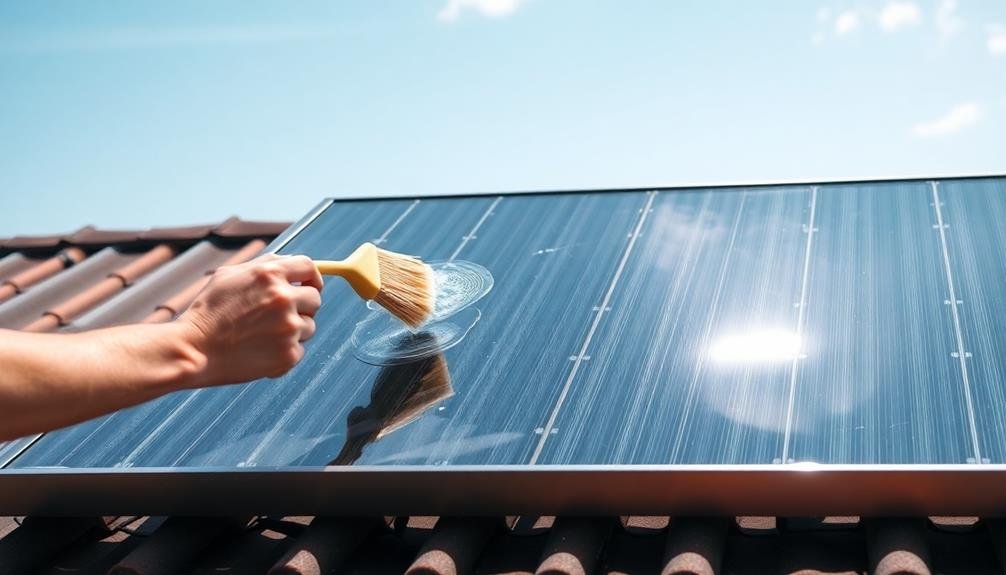
Vigilance is key when it comes to maintaining your solar air heater. Regular cleaning and inspection are essential to guarantee its peak performance and longevity.
Start by visually examining the exterior of your heater every month, looking for signs of damage, debris accumulation, or loose connections.
Clean the solar collector surface at least twice a year, or more frequently if you live in a dusty area. Use a soft brush or cloth with mild soap and water to remove dirt, pollen, and bird droppings. Avoid abrasive materials that could scratch the surface.
While cleaning, inspect the glazing for cracks or gaps that might compromise the unit's efficiency.
Check the air intake and outlet vents for blockages, and clear any obstructions.
Examine the ductwork for leaks or damage, sealing any gaps you find.
Don't forget to inspect the fan and motors, listening for unusual noises that might indicate wear.
Lubricate moving parts as recommended by the manufacturer.
Proper Airflow Management
Airflow is the lifeblood of your solar air heater's efficiency. To guarantee ideal performance, you'll need to manage airflow properly. Start by checking your system's intake and exhaust vents regularly. Remove any debris, leaves, or dust that might obstruct airflow. Trim nearby vegetation that could potentially block vents or solar panels.
Inspect your ductwork for leaks or damage. Seal any gaps you find using appropriate materials like aluminum tape or mastic sealant. This prevents air loss and maintains system pressure. Consider installing dampers to control airflow direction and volume, especially if you have a multi-room setup.
Monitor your fan's performance. A failing fan can markedly reduce airflow and overall system efficiency. Clean fan blades and lubricate moving parts as recommended by the manufacturer. If you notice unusual noises or reduced output, it may be time for a replacement.
Pay attention to room arrangement. Avoid placing large furniture or objects that could block warm air distribution. Use ceiling fans to help circulate heated air throughout your space.
Seasonal Performance Checks

The changing seasons bring new challenges for your solar air heater. To guarantee peak performance year-round, you'll need to conduct seasonal performance checks. At the start of each season, inspect your solar air heater thoroughly for any signs of wear, damage, or reduced efficiency.
In spring, clean the collector surface to remove winter debris and check for any frost damage.
Summer's intense heat can cause expansion issues, so examine seals and connections for gaps or cracks.
Fall is the ideal time to prepare for winter by testing the system's heating capacity and verifying all components are functioning correctly.
During winter, regularly remove snow and ice buildup from the collector to maintain efficiency.
Throughout the year, monitor your energy savings and compare them to previous seasons. If you notice a significant drop in performance, it may indicate a problem that requires attention.
Keep a log of your maintenance activities and system performance to track long-term trends.
Don't forget to check and replace filters as needed, typically every three to six months, depending on your local air quality and system usage.
Frequently Asked Questions
How Long Does a Typical Solar Air Heater Last?
You can expect a typical solar air heater to last between 15 to 30 years. However, its lifespan depends on factors like quality, maintenance, and climate. With proper care, you'll maximize its longevity and efficiency throughout its use.
Can Solar Air Heaters Be Used in Extremely Cold Climates?
Yes, you can use solar air heaters in extremely cold climates. They're effective even in low temperatures, but you'll need to guarantee proper insulation and placement. They'll work best on sunny days, regardless of outdoor temperature.
Are There Any Safety Concerns Associated With Solar Air Heaters?
You'll find solar air heaters are generally safe, but you should be aware of potential electrical hazards, overheating risks, and fire dangers. Always follow manufacturer's guidelines, guarantee proper installation, and keep flammable materials away from the unit.
What's the Average Cost to Install a Solar Air Heater?
You'll typically spend $2,000 to $4,000 to install a solar air heater. Costs vary based on system size, complexity, and your location. DIY options can be cheaper, but professional installation guarantees maximum performance and safety.
Can Solar Air Heaters Be Integrated With Existing HVAC Systems?
Yes, you can integrate solar air heaters with your existing HVAC system. They'll work alongside your current setup, providing supplemental heat when the sun's out. This integration can boost efficiency and reduce your reliance on traditional heating methods.
In Summary
You've now learned the three key practices for maintaining your solar air heater. By regularly cleaning and inspecting your system, managing airflow properly, and performing seasonal performance checks, you'll guarantee your heater operates at peak efficiency. Don't neglect these simple yet vital steps. They'll extend your heater's lifespan, save you money, and keep your home comfortably warm. Remember, a well-maintained solar air heater is an efficient and eco-friendly heating solution for years to come.
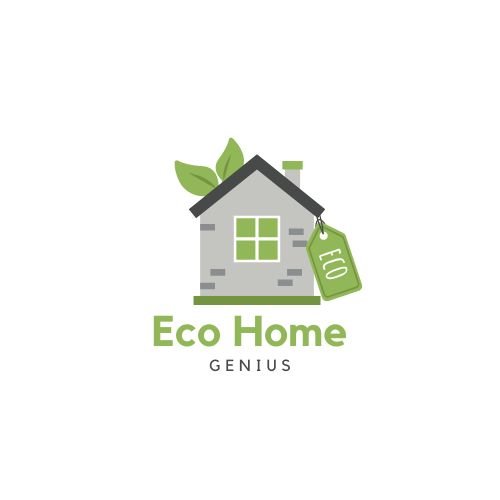

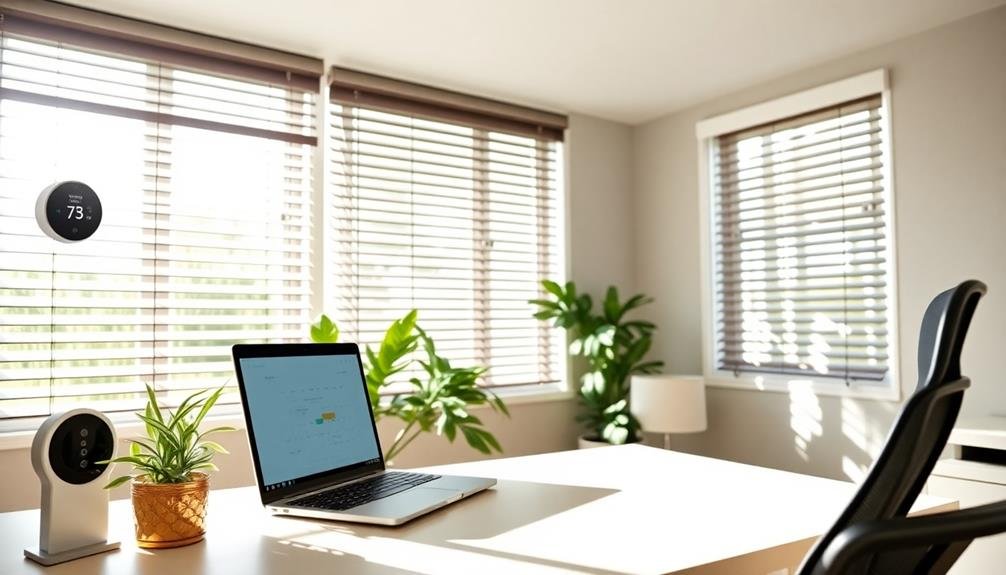
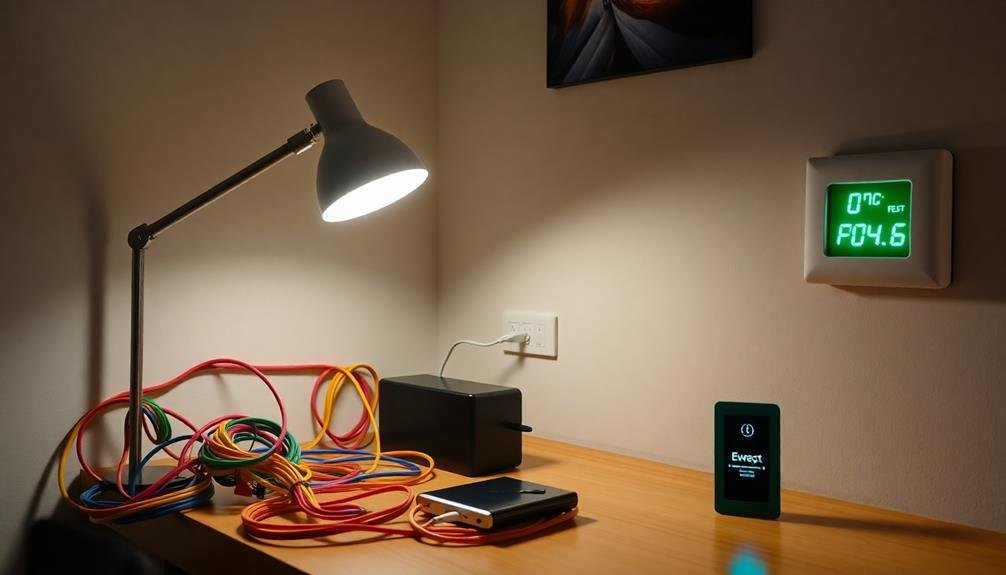
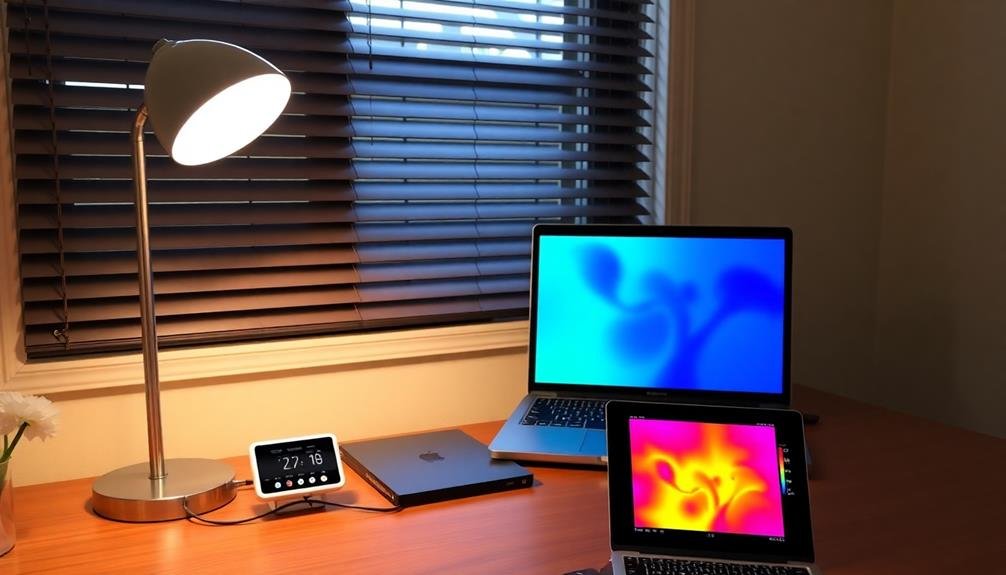
Leave a Reply